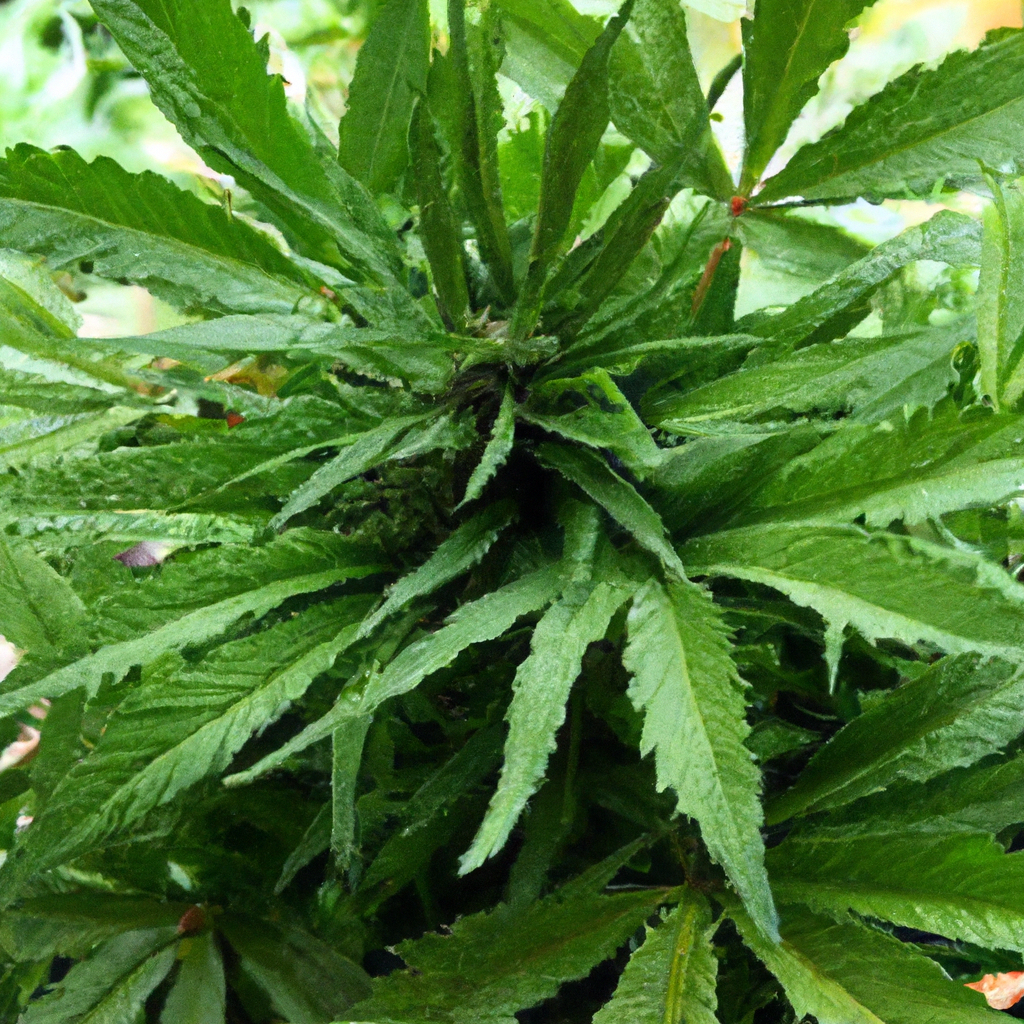Your cart is currently empty!
With an ever-growing focus on sustainability and health, organic cannabis cultivation is gaining traction among cultivators and consumers alike. Organic growing not only benefits the planet but also enhances the quality and safety of the cannabis produced. Dive into the best practices for organic cannabis cultivation and learn how to harness the power of nature in your growing operations.
Building a Thriving Soil Ecosystem
Healthy soil is the cornerstone of successful organic cannabis cultivation. By enhancing your soil ecosystem naturally, you create a sustainable environment for your plants to thrive. Consider these techniques:
- Composting: Create nutrient-rich compost from kitchen scraps and yard waste. This natural fertilizer enriches the soil, promoting robust plant growth without synthetic chemicals.
- Beneficial Microbes: Introduce mycorrhizal fungi and beneficial bacteria. These microbes enhance nutrient uptake and help maintain soil structure, ensuring your cannabis plants receive all the nutrients they need.
- Cover Cropping: Use cover crops, like clover or alfalfa, to fix nitrogen in the soil and prevent erosion. These plants improve soil health and create a habitat for beneficial insects.
Natural Pest Control Methods
One of the challenges of organic cultivation is pest management without synthetic pesticides. Implement these natural pest control practices to protect your cannabis plants:
- Companion Planting: Grow pest-repelling plants such as marigolds or basil alongside your cannabis. These can serve as natural deterrents for common pests.
- Neem Oil: Utilize neem oil as an organic pest control solution. It disrupts the life cycle of many pests without harming the plant or the environment.
- Insecticidal Soaps: Safely target soft-bodied insects like aphids or spider mites with insecticidal soaps. They are eco-friendly and break down quickly, leaving no toxic residue.
The Benefits of Organic Cannabis Cultivation
Choosing to grow cannabis organically offers numerous advantages, both for the environment and consumers:
- Environmentally Friendly: By avoiding synthetic chemicals, organic farming practices reduce pollution and preserve biodiversity.
- Consumer Health: Organic cannabis is free from harmful residues, ensuring a purer product that’s safer for consumption.
- Enhanced Flavor and Aroma: The natural terroir of organic cultivation often results in richer flavor and more distinct aromatic profiles, enhancing the overall experience for users.
Promoting Sustainability in Your Operations
To further embrace sustainability, consider these operational strategies:
- Water Conservation: Implement drip irrigation systems to minimize water usage and reduce runoff.
- Renewable Energy: Power your growing operations with renewable energy sources like solar panels to reduce your carbon footprint.
- Resource Recycling: Recycle growing materials, such as pots and gardening tools, and repurpose them to minimize waste.
By following these best practices for organic cannabis cultivation, you can contribute to a healthier planet while producing high-quality cannabis. Embrace the natural path and enjoy the benefits of sustainable growth.


Leave a Reply